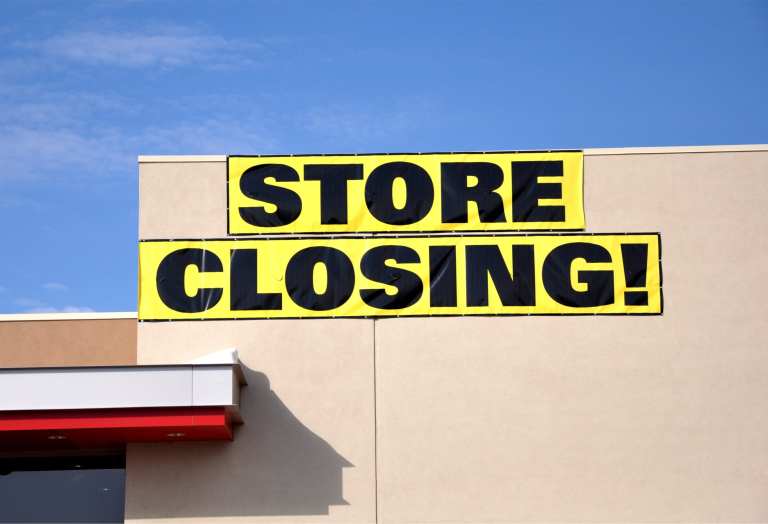Online Shopping Prompts Retailers To Leave Malls

More retailers are leaving malls than ever before as online shopping soars and debt-ridden chains collapse.
Household names like Sears and Victoria’s Secret are among the 7,400-plus stores closing in 2019, Financial Times reports.
Dollar Tree announced it is closing 390 Family Dollar Stores, while Abercrombie is gearing up to shutter up to 40 stores. Meanwhile, Amazon said it will close all of its pop-up stores in Whole Foods, Kohl’s and malls.
Analysts predicted in April that an estimated 75,000 stores are likely to shut down by 2026.
More than 7,150 store closures have been announced by U.S. retailers so far in 2019, compared to the 5,524 store closures for all of 2018. That was down more than 30 percent from an all-time record of 8,139 closures announced in 2017.
As of early March 2019, there were 4,810 retail store closures announced. Just a week earlier, that number was at 4,309 store closings. Around 2,264 new store opened between January and March 2019, with Peloton, Ulta Beauty, Ross Stores and Indochino opening up locations.
Some real estate owners are building spaces that will allow several brands to share the store on a rotating business, which would encourage consumers to keep coming back.
Mall owners are also looking for digital-native brands to open stores in their properties, and adding co-working spaces, gyms, hotels and apartments that share the retail space.
One of the key factors in the retail struggle is the trade war between the U.S. and China, in which the Trump administration raised existing tariffs on $200 billion worth of Chinese goods from 10 percent to 25 percent, prompting China to come back with its own levies on U.S. imports.
In early May, Dressbarn announced it was going out of business; all of its 650 stores across the country are expected to close. In addition, Party City revealed plans to close about 45 stores in the U.S. this year — an increase from the usual 10 to 15 it has shuttered annually. Pier 1 Imports is planning to shut down at least 45 stores in 2019, CVS is closing 46 of its “underperforming” locations in the U.S. this year and Gap will be closing 230 of its stores over the next two years.